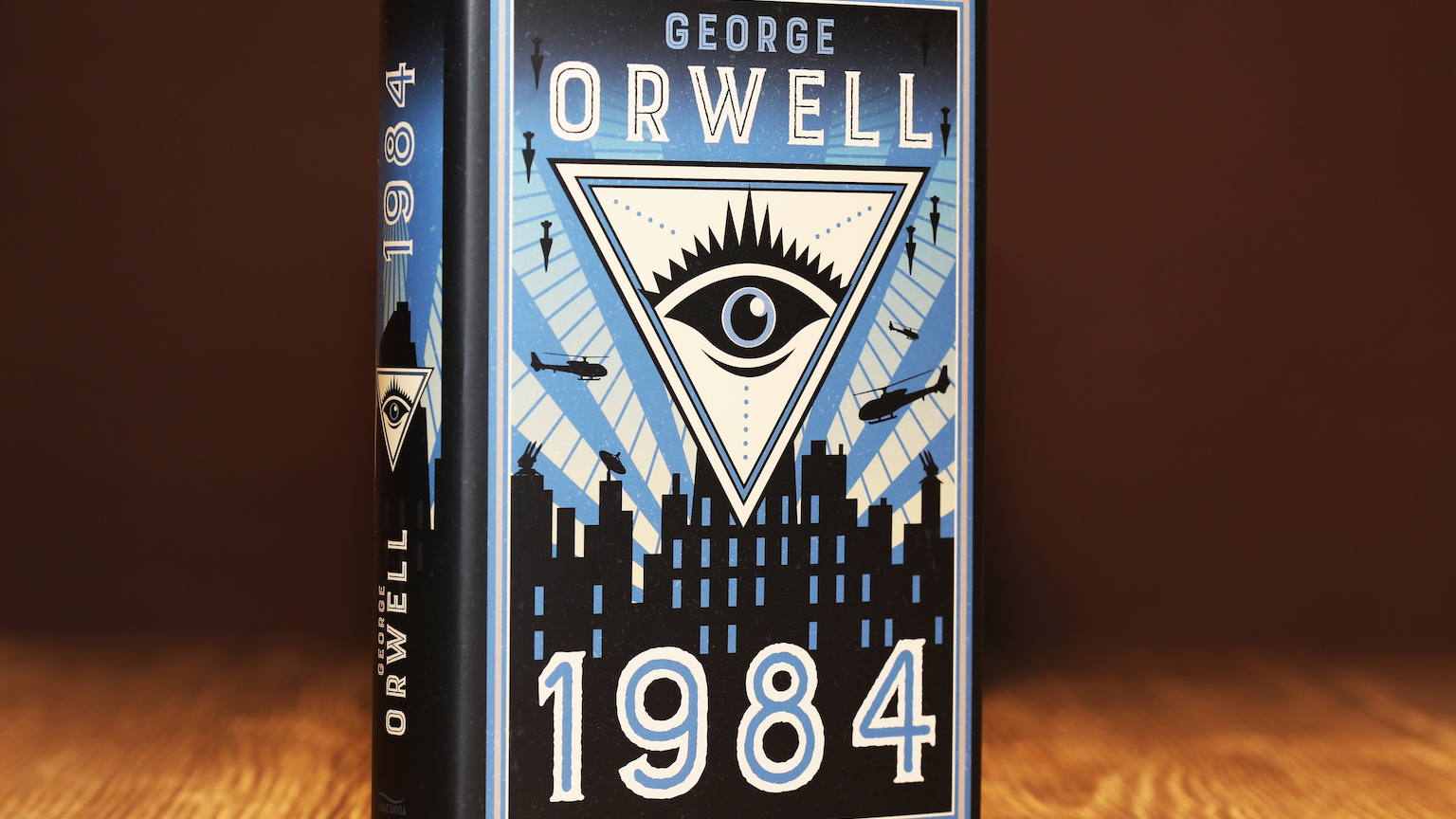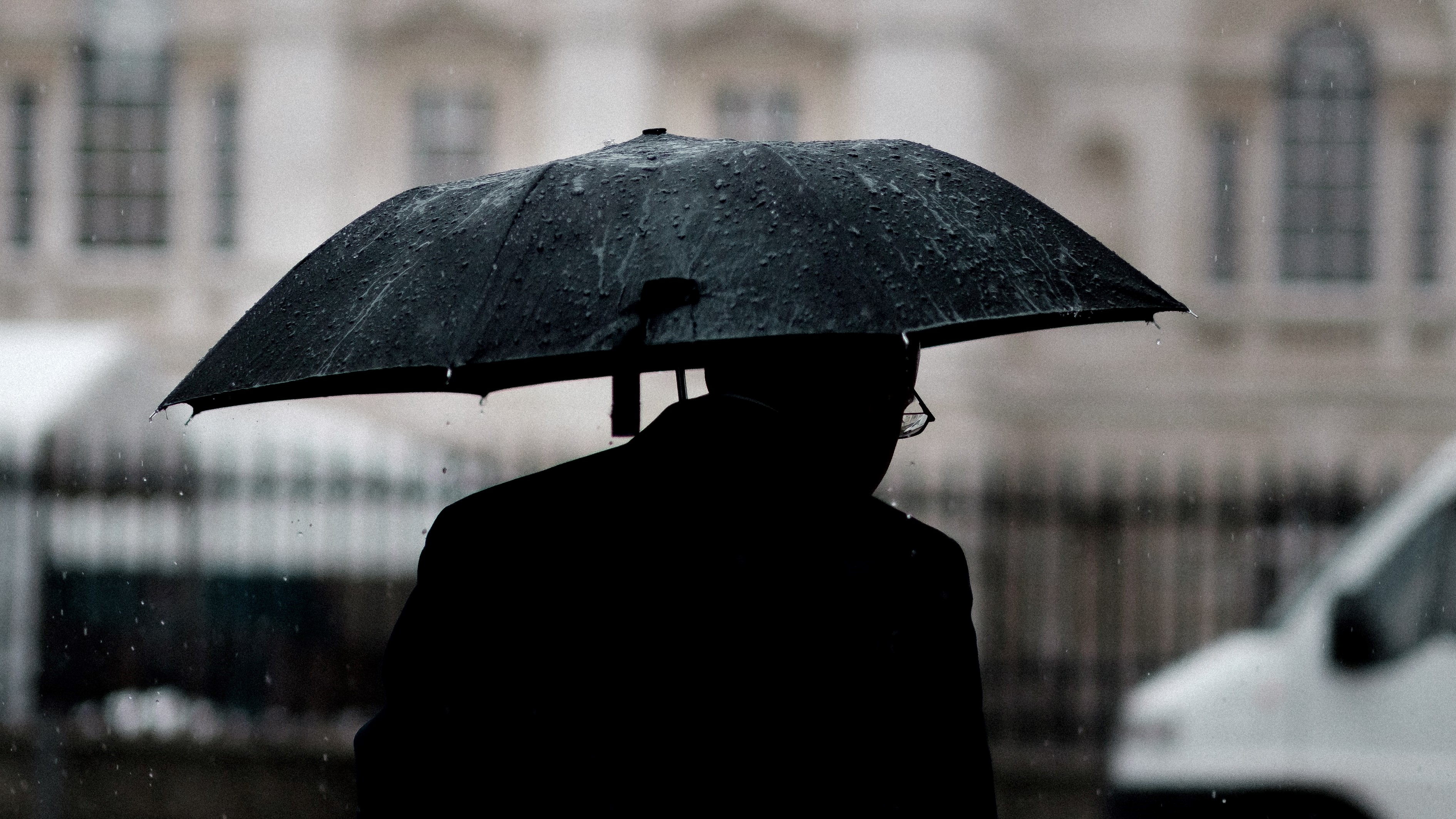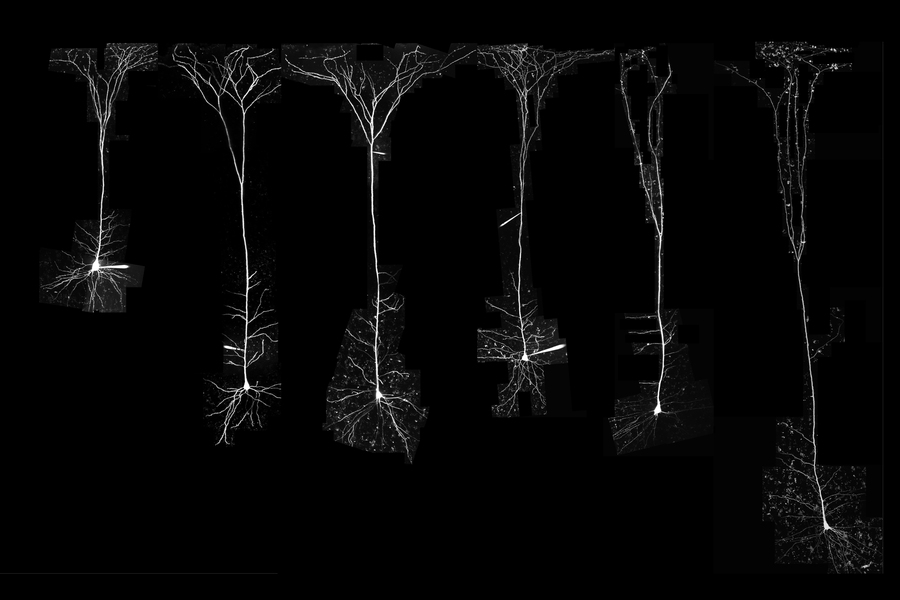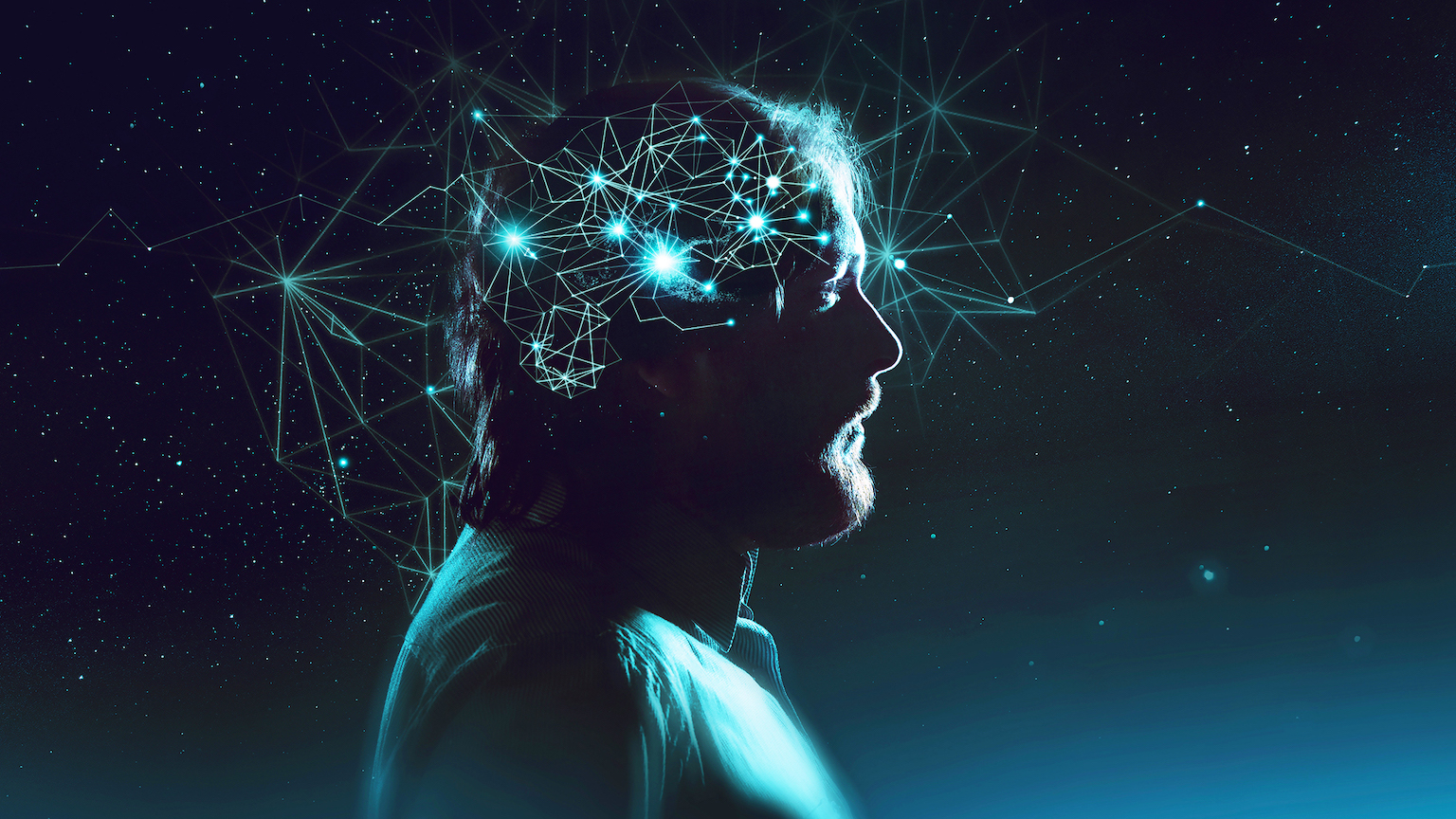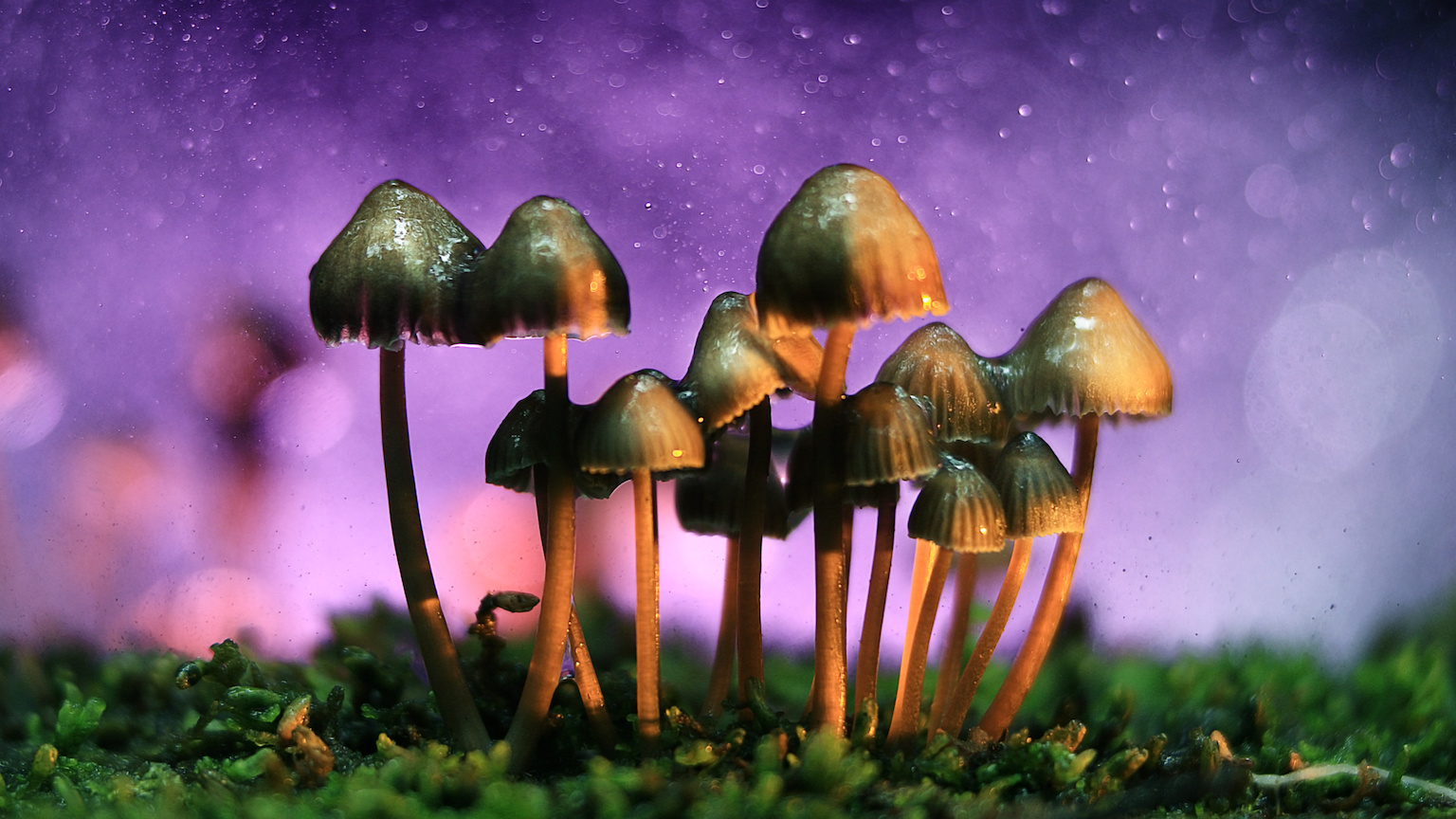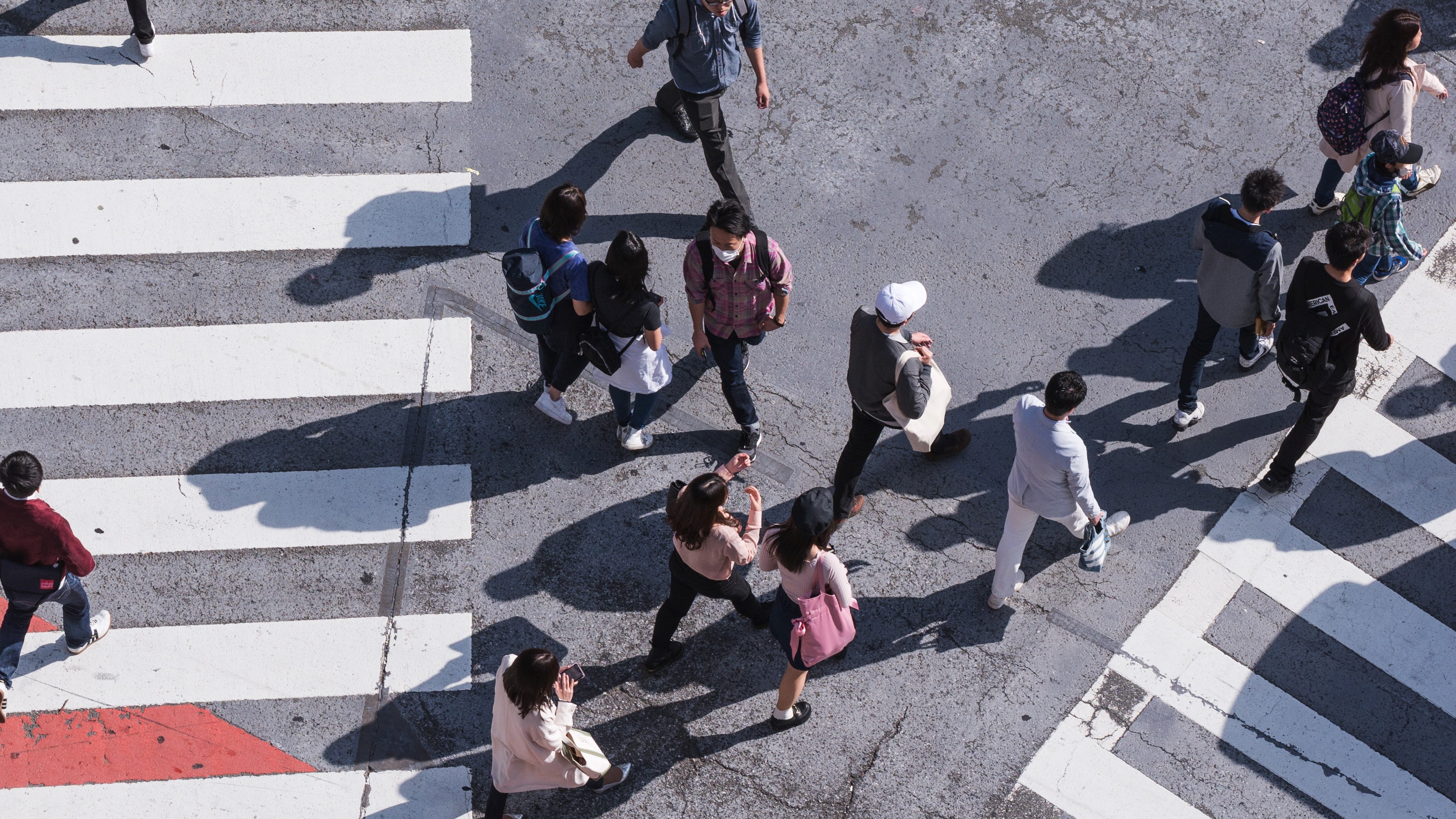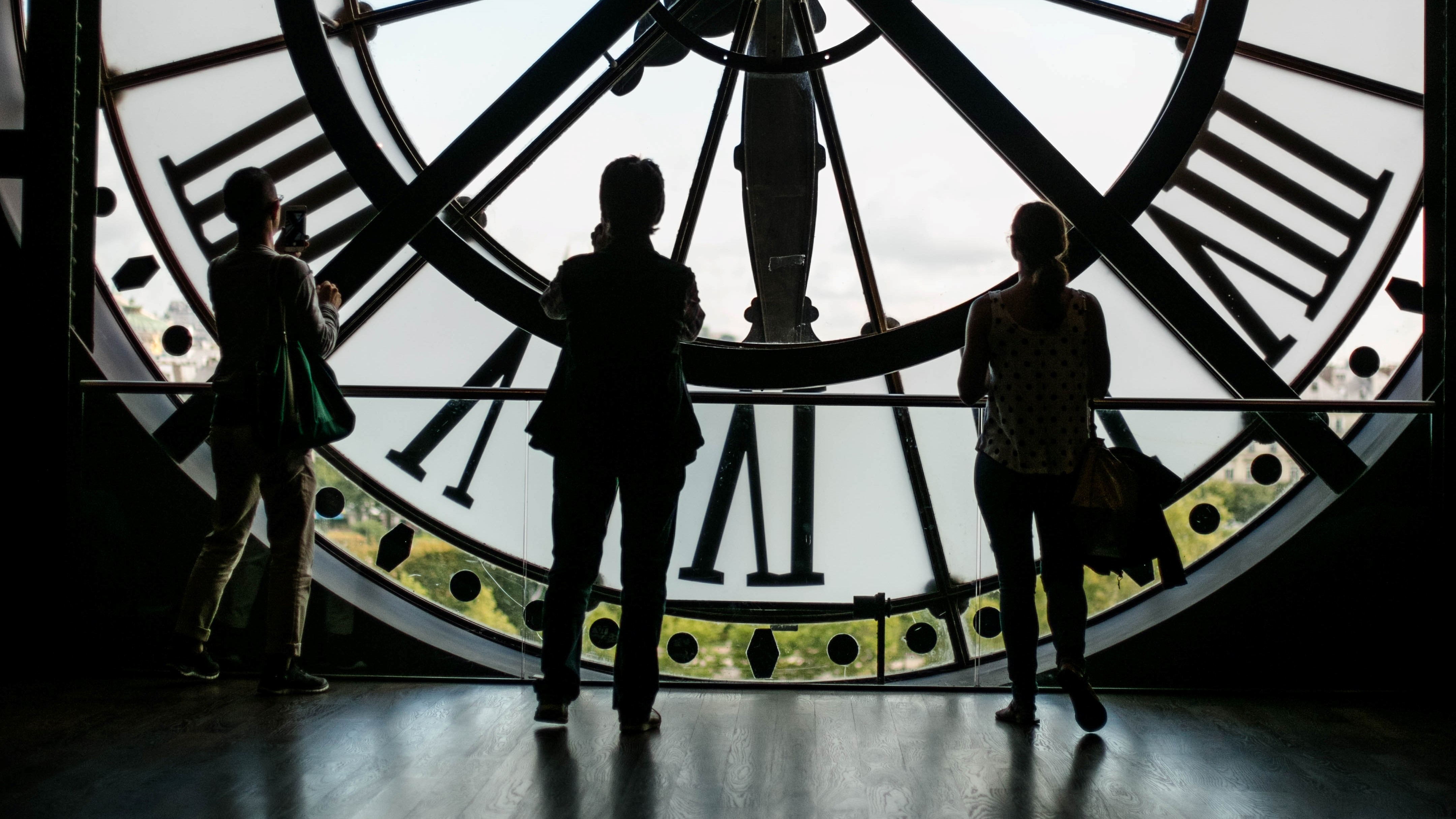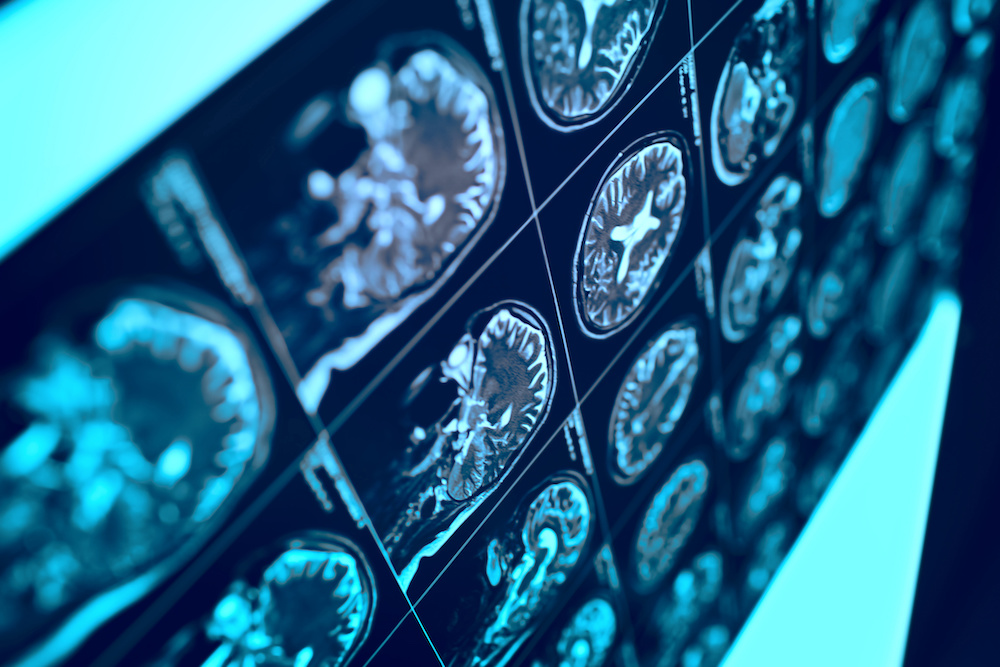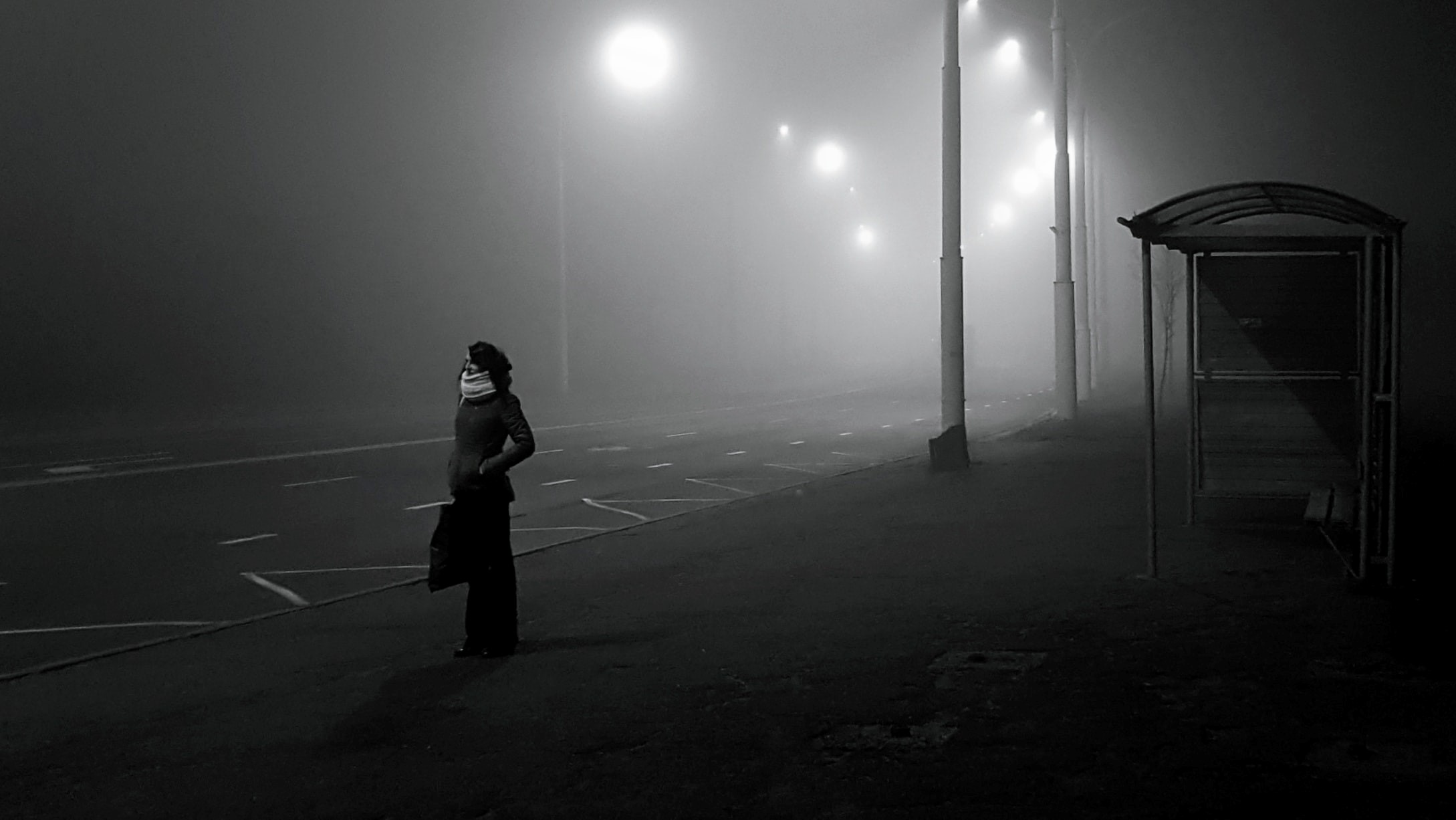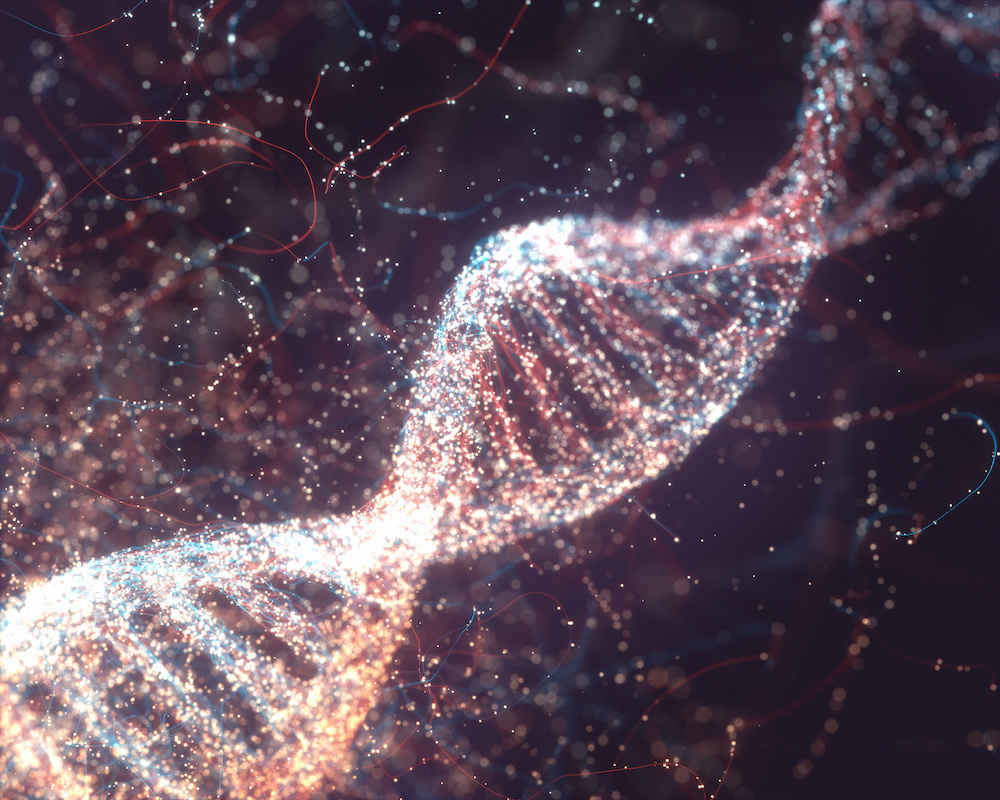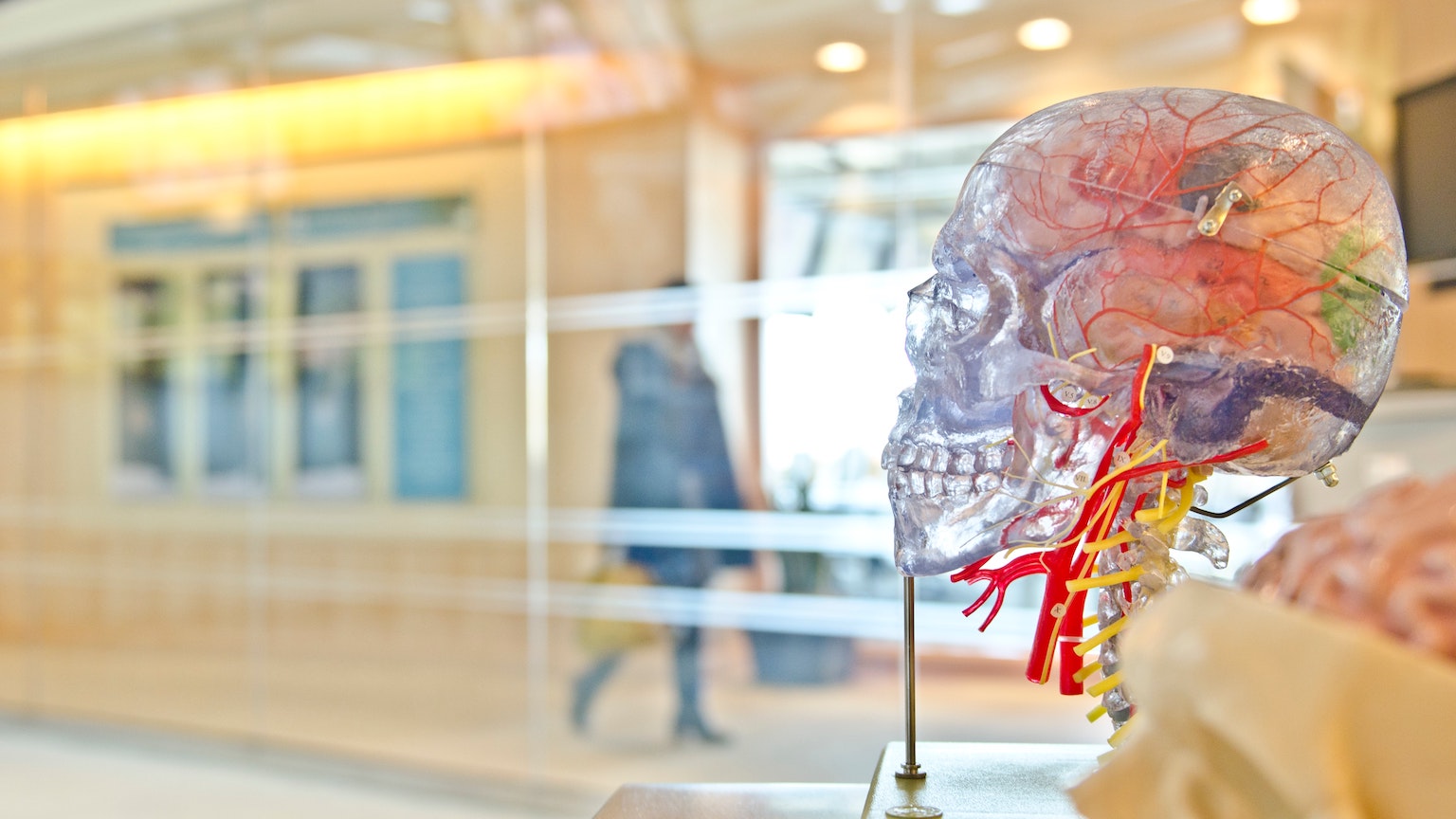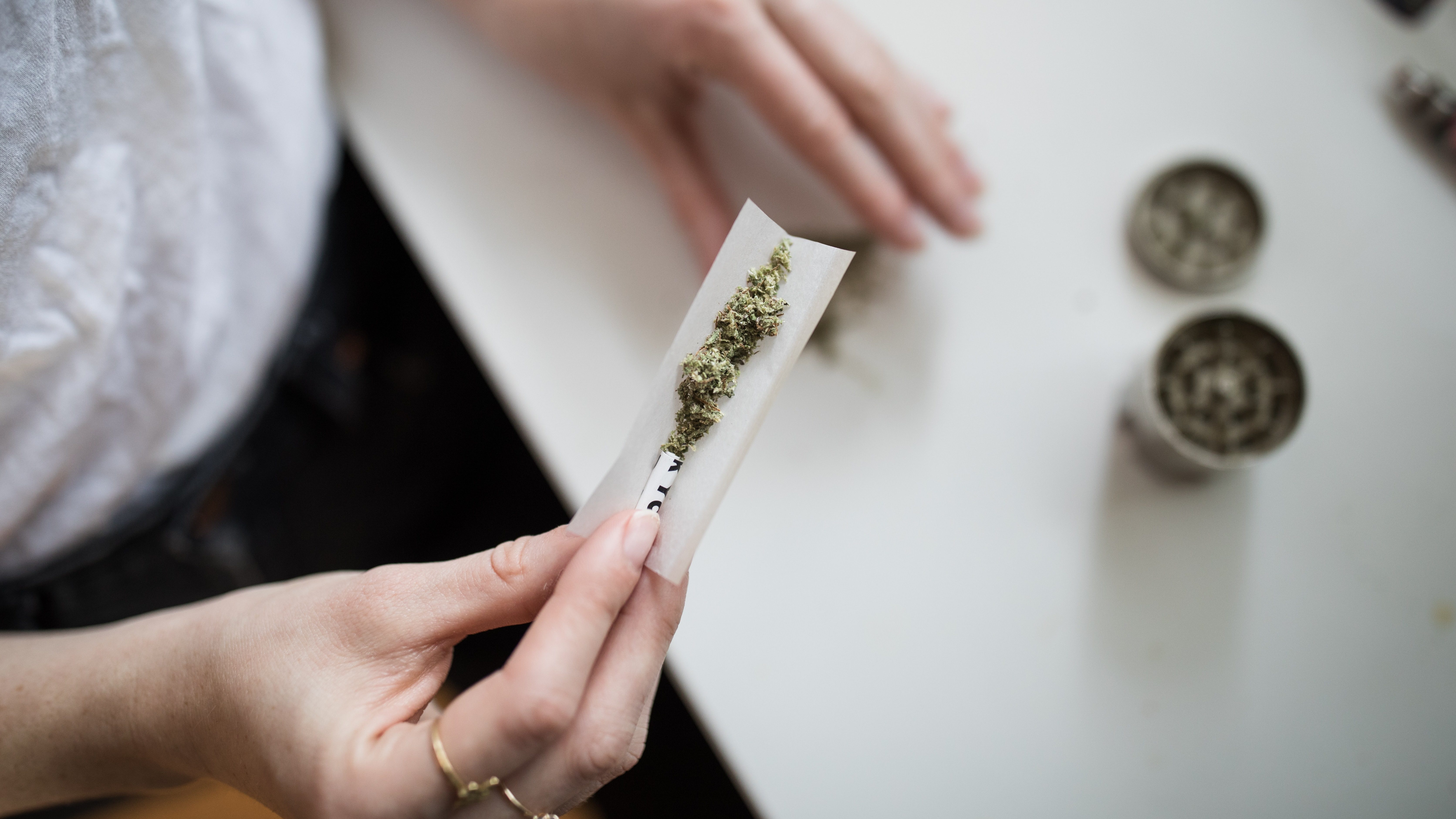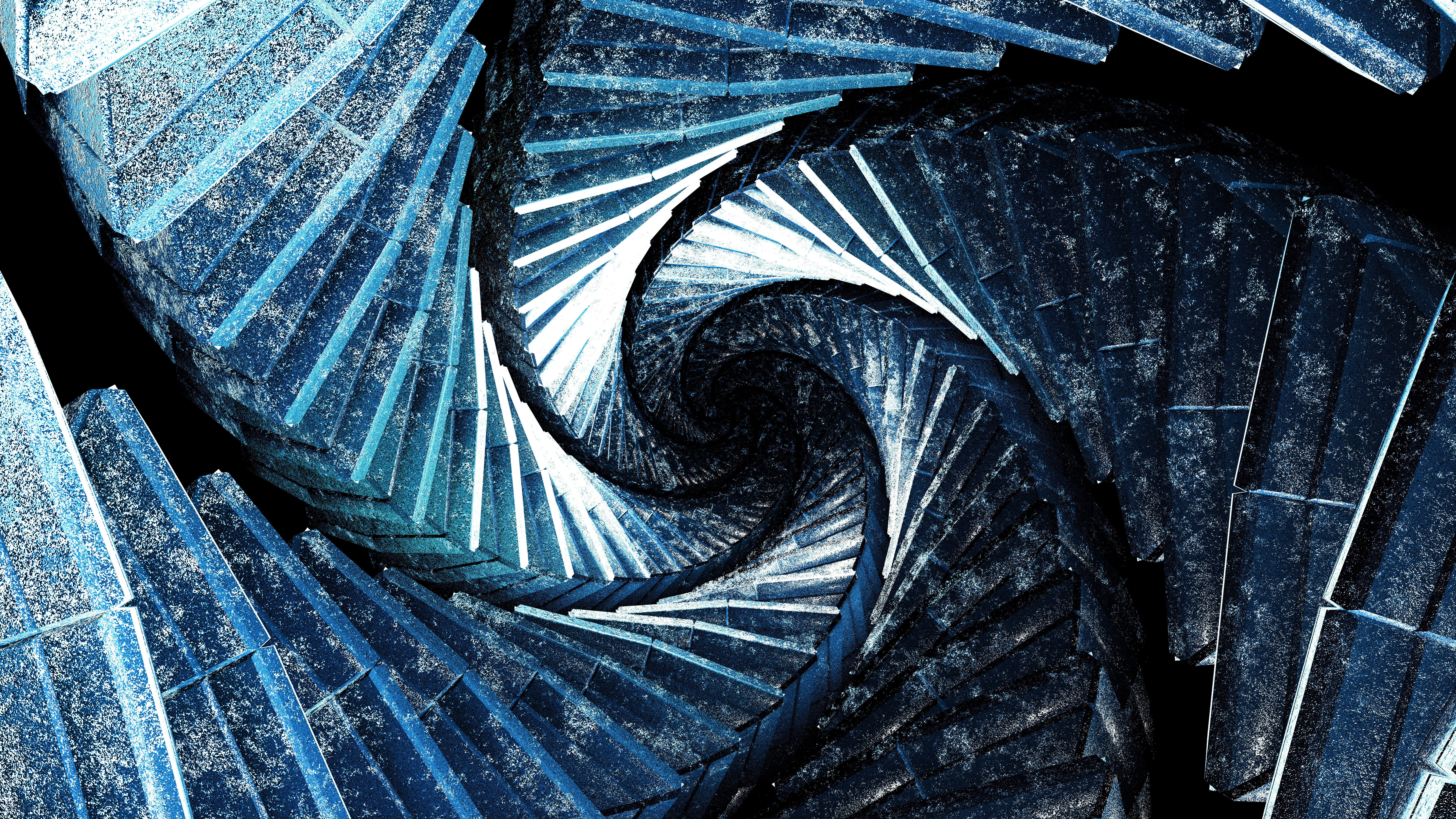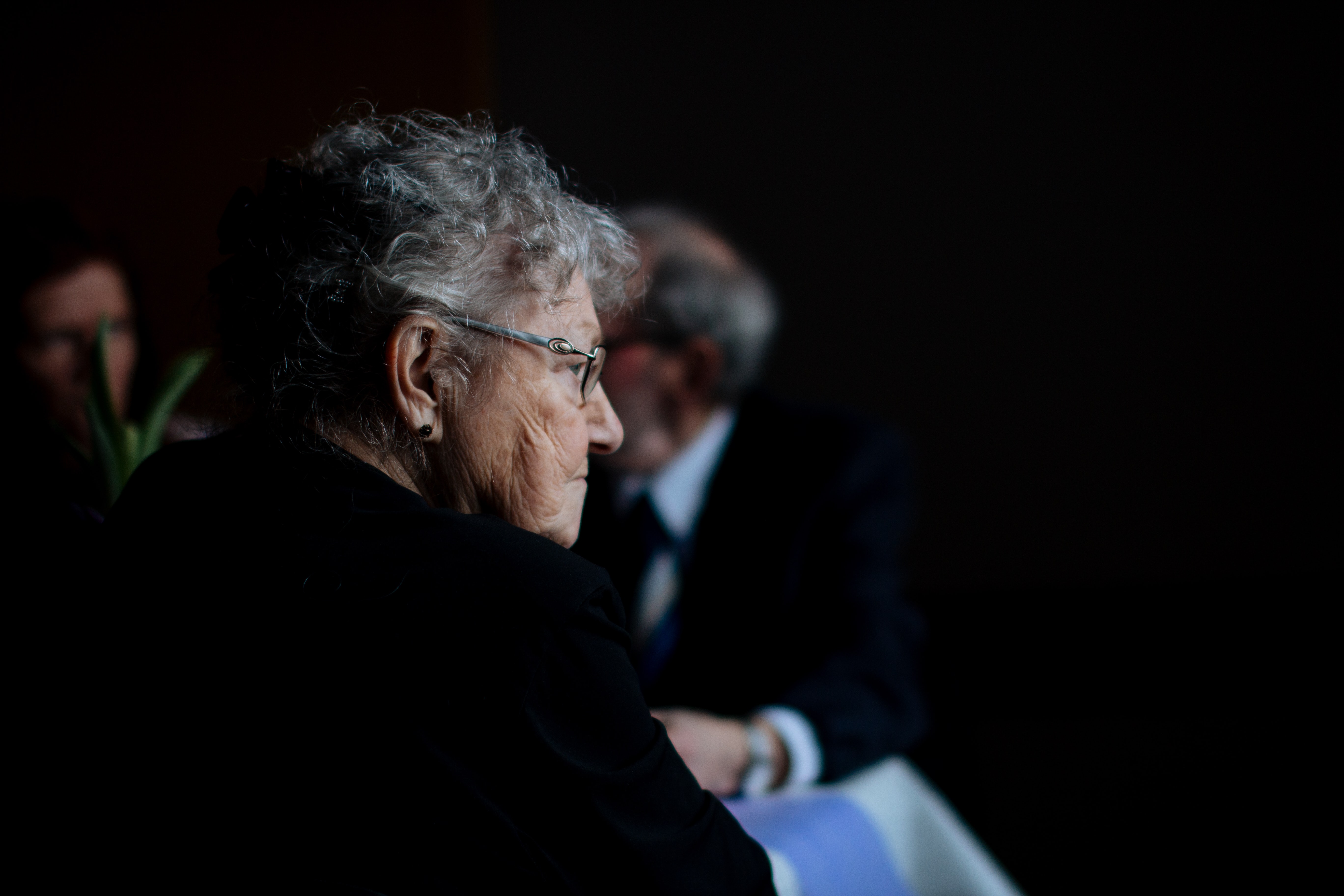neuroscience
In Orwell’s dystopian novel, the government uses Newspeak to control thoughts by controlling language. But thoughts do not require language.
Undiagnosed brain disease or divine inspiration? The origins of the French composer’s most provocative composition remain up for debate.
Are some of us simple destined for unhappiness?
Research reminds us that mild cognitive impairment isn’t necessarily a prelude to dementia.
Successful constructive criticism is as much about mindset as methods.
Memory errors may actually indicate a way in which the human cognitive system is “optimal” or “rational.”
In spreading politics, videos may not be much more persuasive than their text-based counterparts.
Our brains might be flooded with the hallucinogen DMT as we die, leading to vivid dreams.
As the saying goes: “Pain is inevitable. Suffering is optional”.
The human brain makes a striking deviation from the normal building plan.
Why does hearing sad music feel so good?
Quantum mechanics + consciousness: There is nothing better than mixing two great mysteries to produce an even bigger one.
The cause of Alzheimer’s is still not fully understood, but we might be able to vaccinate against it anyway.
Scientists want to use dream hacking devices to improve your creativity and memory.
Research shows that psilocybin leads people away from materialism and toward transcendentalism. Apparently, mushrooms teach metaphysics.
Music therapy might boost memory, but the benefits are small. Just in case, tell your grandparents to listen to their favorite 1960s tunes.
Isn’t more sleep always better?
Many have argued that free will is an illusion, but science does not support that.
We seem to be wired to calculate not the shortest path but the “pointiest” one, facing us toward our destination as much as possible.
Daylight saving time was first implemented during the first world war to take advantage of longer daylight hours and save energy. While this made a difference when we heavily relied on coal […]
These studies are only the tip of the iceberg, with adverse consequence of the time change ranging from student test scores to stock market returns.
One hypothesis says that sleep helps “clean” the brain of damaged molecules and toxic proteins.
Dedicated circuits evaluate uncertainty in the brain, preventing it from using unreliable information to make decisions.
In an excerpt from her recent book, the behavior geneticist Kathryn Paige Harden carefully explores a topic that’s often considered taboo: how genetics affect life outcomes.
Elevated blood pressure, even within the normal range, is associated with accelerated brain aging.
Marijuana use among college students in 2020 reached levels not seen since the 1980s.
“Theory of mind” enables all people to naturally infer other people’s mental states. Psychopaths don’t seem to put much effort into the process.
Scientists use tripping rats to show that LSD disrupts communication between two key brain regions.
“I suddenly woke up one day and thought, you idiot, you are letting your life fade away, you have got to do something.”
